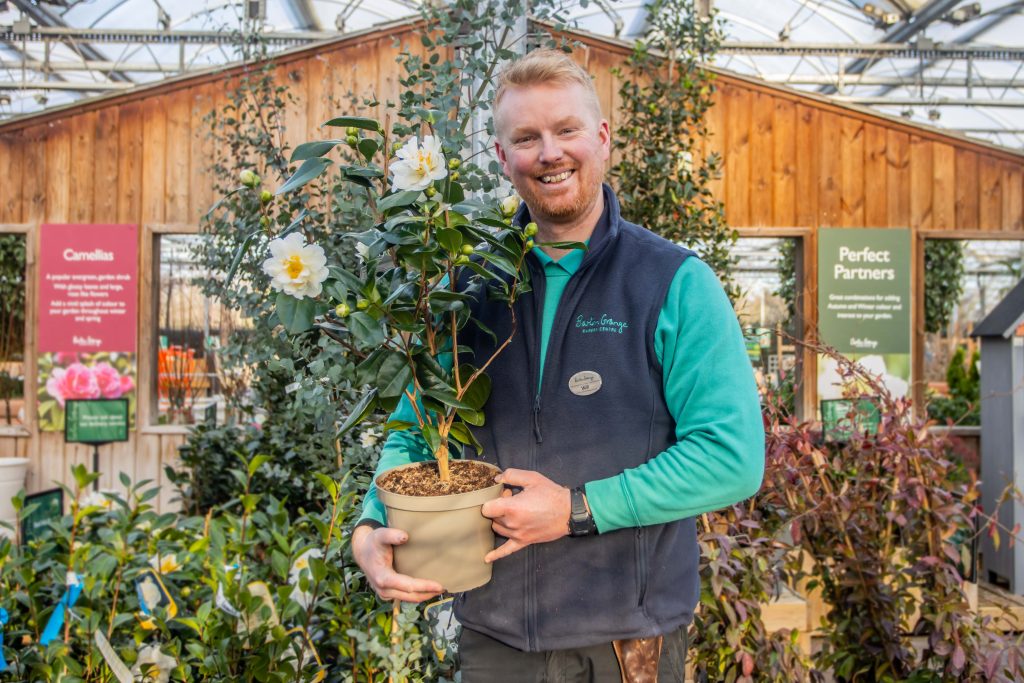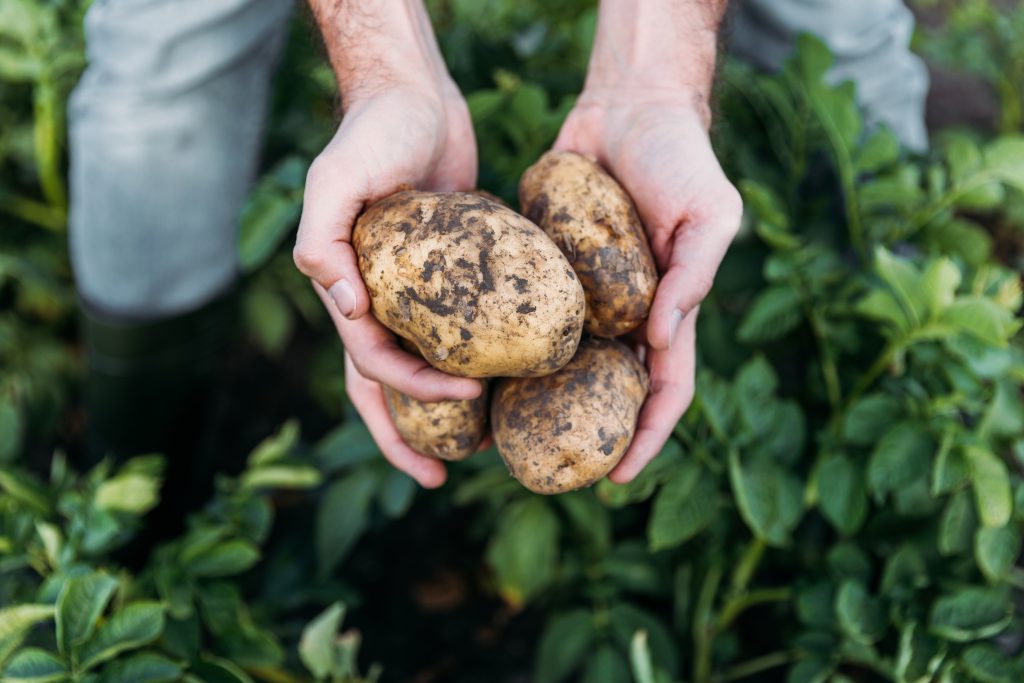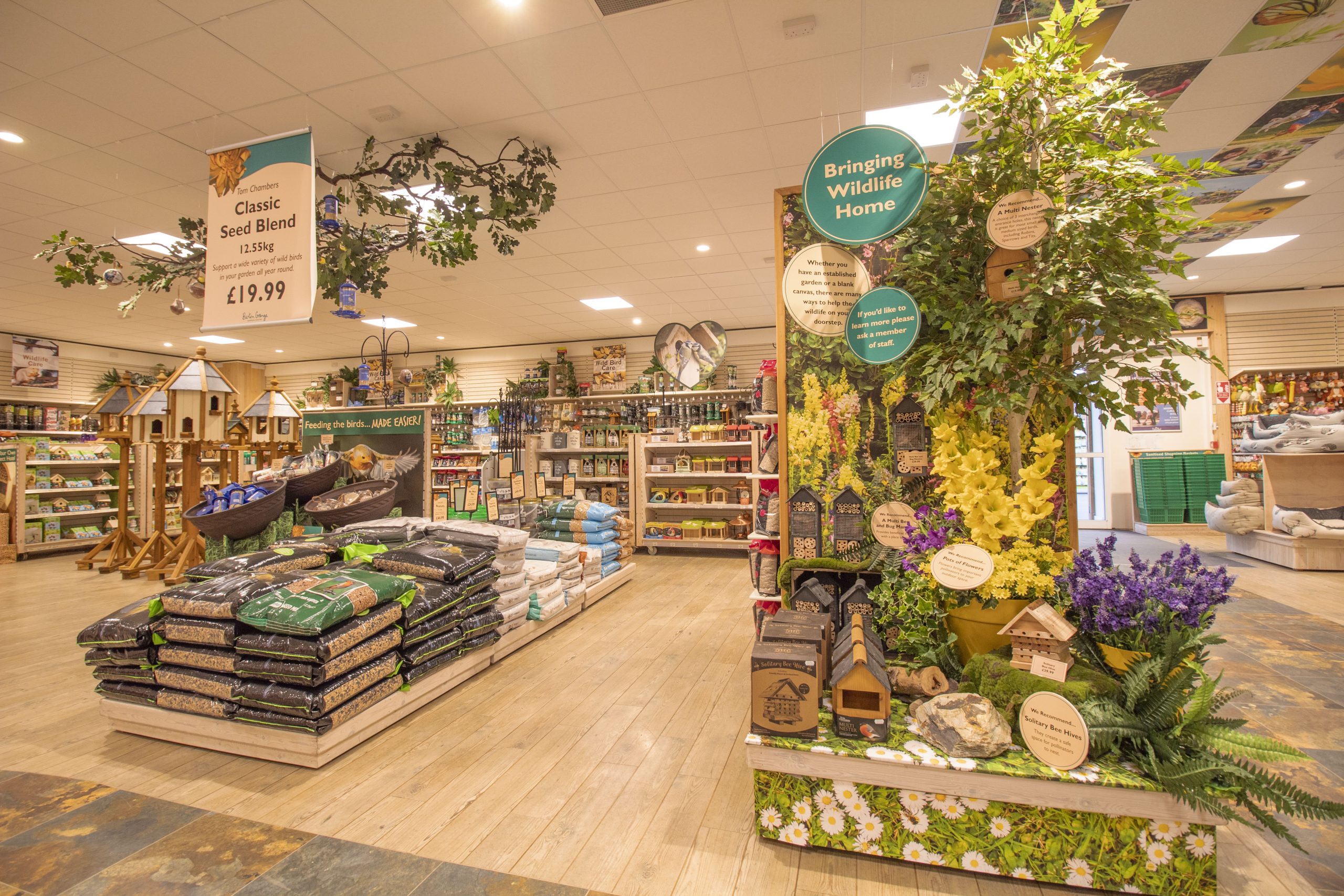National Allotment Week 12th-18th August
Let's Veg Out!
It’s time to celebrate the benefits of allotments and the joy of growing your own fresh produce. The theme for this year’s event is Celebrating Biodiversity with a focus on how to be more eco-friendly. So whether you’re a seasoned plot holder or just starting out, we have all the friendly advice and clever tools you need to get growing.
Sow like a pro
August is a great time to plant out cauliflower, broccoli and Brussel sprouts in your allotment. A top tip from our Outdoor Plant Area Manager Will is to plant nasturtiums in between to protect your seedlings from pests.

Will explains:
“Butterflies will lay their eggs on the nasturtium leaves, leaving the crop camouflaged from attack. You could also plant hyssop to deter whitefly and planting sage round your celery plants will help keep aphids at bay.”
Festive feast
It’s not too late to plant potatoes for Christmas. Plant three tubers to a 30cm to 40cm container or potato grow bag, half full of compost. As the plant grows, keep topping up the compost. When the weather gets colder place in a sheltered spot and cover with horticultural fleece. Keep regularly watered and you’ll have home grown potatoes for Christmas Day lunch!

Go wild in your allotment
For eco-friendly pest control, our Gardening and Wildlife Manager Ryan recommends encouraging more local wildlife into your garden.
He says:
“Think about adding a small pond to encourage natural predators like frogs. Introducing bug houses, bird houses and hedgehog houses will also help to control some of the pests in your garden.”
He says:
Other tips include using wool pellets and copper tape to deter slugs. Mulching with broken eggshells or sharp stone can also help to prevent unwanted diners.

For eco-friendly pest control, our Gardening and Wildlife Manager Ryan recommends encouraging more local wildlife into your garden.
Nature’s way
No-dig gardening is increasingly popular thanks to the benefits it brings the planet – and your back! Instead of disturbing the natural structure of the soil by turning it, you just keep adding more organic material on top, letting the worms pull it in. Ryan recommends mulching with compost to add more nutrients to the soil. A thick layer of mulch also kills the weeds by cutting out light.






